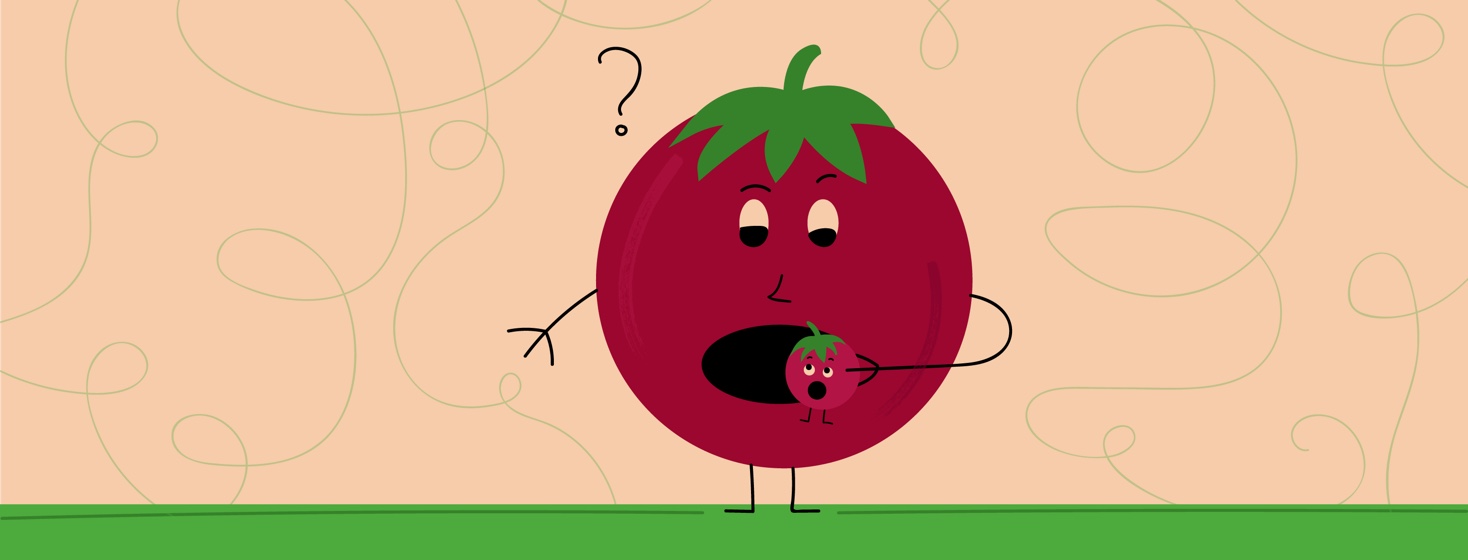Don't be Crazy: The Professional Advice from a Naturopath
Have you ever asked a professional for advice and been deeply disappointed by the answer?
I asked Naturopath Maya Harish for her top piece of advice for people healing from psoriasis, and she told me ‘Don't be crazy.’ I mean *what* I wanted her to tell me something significant, like don't eat tomatoes (which we did end up talking about later on), but such vague advice is frustrating, isn't it?
The thing is, when you get deep down into the nitty gritty it really is excellent advice. I didn't like it because I wanted something tangible to do, like cut out tomatoes or eat saurkraut. Sometimes though, the most basic advice is the best.
Naturopathy and psoriasis
In Naturopathy, like other holistic treatment approaches, health is based on identifying why the body is doing what it does, and bringing it back into balance. You know what being in balance feels like, it is that feeling you have when you are relaxed and lost in your favorite past time. For me, it is the middle of a great book, with a blanket, cup of tea and a few squares of dark chocolate (and childcare).
Living with psoriasis, we do tend to ‘be crazy’ rather a lot. Well at least I do (and the people on Facebook seem to be similar). My most recent dietary experiment (and one of my most disastrous) was the auto-immune paleo diet which pretty much ruined my life for a brief while. This was me being crazy for multiple reasons and here are some of my lessons learned:
Don't cut out numerous food groups
People living with chronic health conditions tend to be tired, with bodies that are under strain. It is not outside the realms of possibility that we have a nutrient deficiency or three. Removing multiple food groups puts us at an increased risk of missing out on vital nutrients and in my case with the auto-immune paleo, of eating more of a food my body did not like. Removing multiple food groups should only be done in conjunction with a qualified and registered practitioner.
You can also end up eating more food that your body doesn't like which leads me to point number two.
Just because the food is on the safe list doesn't mean it is safe
The world is currently mad on kombucha, fermented milk, and other live raw fermented products. They are highly nutritious and great for maintaining healthy gut flora. Unless you are sensitive to histamine, as it turns out I am. One of the symptoms of too much histamine is itching. So you see the problem there. Following generalized advice, and popular mass market protocols are crazy if you do not listen to your body.
Don't get carried away with other peoples success stories
I started having notable dizzy spells very early on. I tried to ignore them the best I could. I tried to eat as many carbs as I could, but the dizzy spells persisted. I continued with the diet anyway even though I was getting more tired and showing no signs of healing because I had read all of the success stories of other people and thought that might happen for me if I stuck it out. This is not balanced, by any stretch of the imagination. I got worse, and it took me months to recover with the help of a nutritionist.
I took a load of supplements
These supplements had been recommended to me in various places. Online in forums and Facebook groups, by my medical doctor and by my acupuncturist.
Maya's conclusion in this regard was simple, accurate and brilliant advice (in my personal opinion). Supplements are a temporary fix. You should be able to get all of the nutrients you need through food. If you are deficient in a nutrient, then yes, by all means, take a supplement as long as that supplement is safe for you to take (you may need to ask your doctor). Then start to find out why you are deficient; do you have a nutrient-poor diet? It may be because you are not digesting your food properly, or there may be a problem with nutrient absorption. All of these factors need to be identified and addressed, and the best way to do this is with a step-wise, balanced approach.
I took advice from a book and the internet
This is crazy because the advice is very prescriptive. Eat this and don't eat that. The internet and books do not know my individual circumstances. In the example of the auto-immune paleo, the book didn't know I had a problem with histamine, and it didn't know that I did not live in the US. Which is relevant when it comes to the carbohydrate intake and the recipes available in the UK as I can't obtain some of the recommended carb sources. I had never heard of Taro and failed to find it in the UK even on Amazon, and I had a similar problem with plantain. A more balanced approach would be to read the book and then discuss the protocol with a nutritionist, a naturopath or another qualified person in assessing elimination diets which the auto-immune paleo is at its very core. Then the diet can be adapted to my personal circumstances and monitored and adapted based upon my bodies response.
When you look at your approach to treatment, is there anything that you do that might fit into the category of ‘being crazy’? I would love to know what they are.

Join the conversation